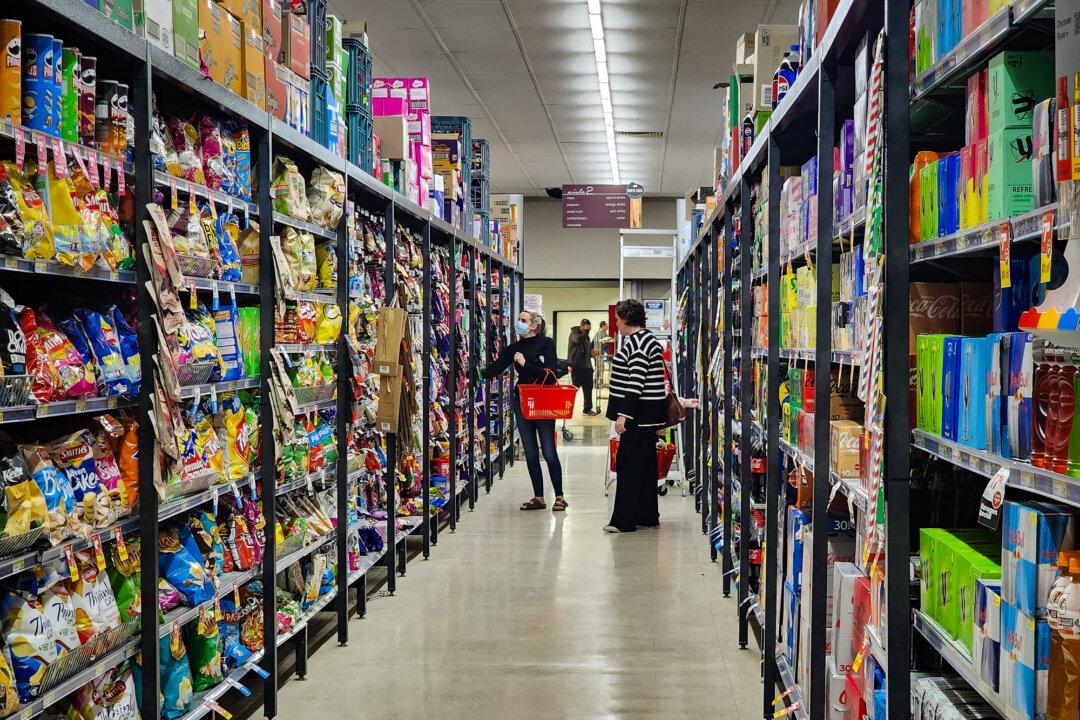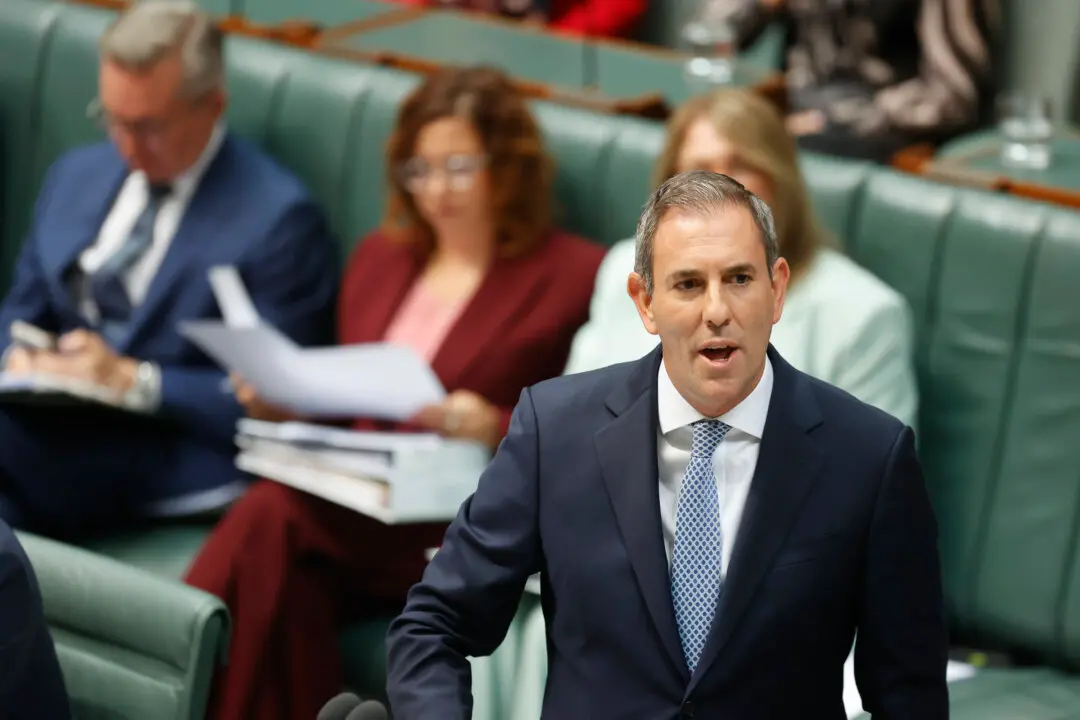The Albanese Labor government has announced funding of $30 million (US$21 million) for the Australian Competition & Consumer Commission (ACCC) to conduct an extensive investigation and enforcement in the supermarket and retail sectors.
This follows the ACCC’s decision to take legal action against retail giants Coles and Woolworths for allegedly misleading customers with their discount pricing on hundreds of everyday products.





